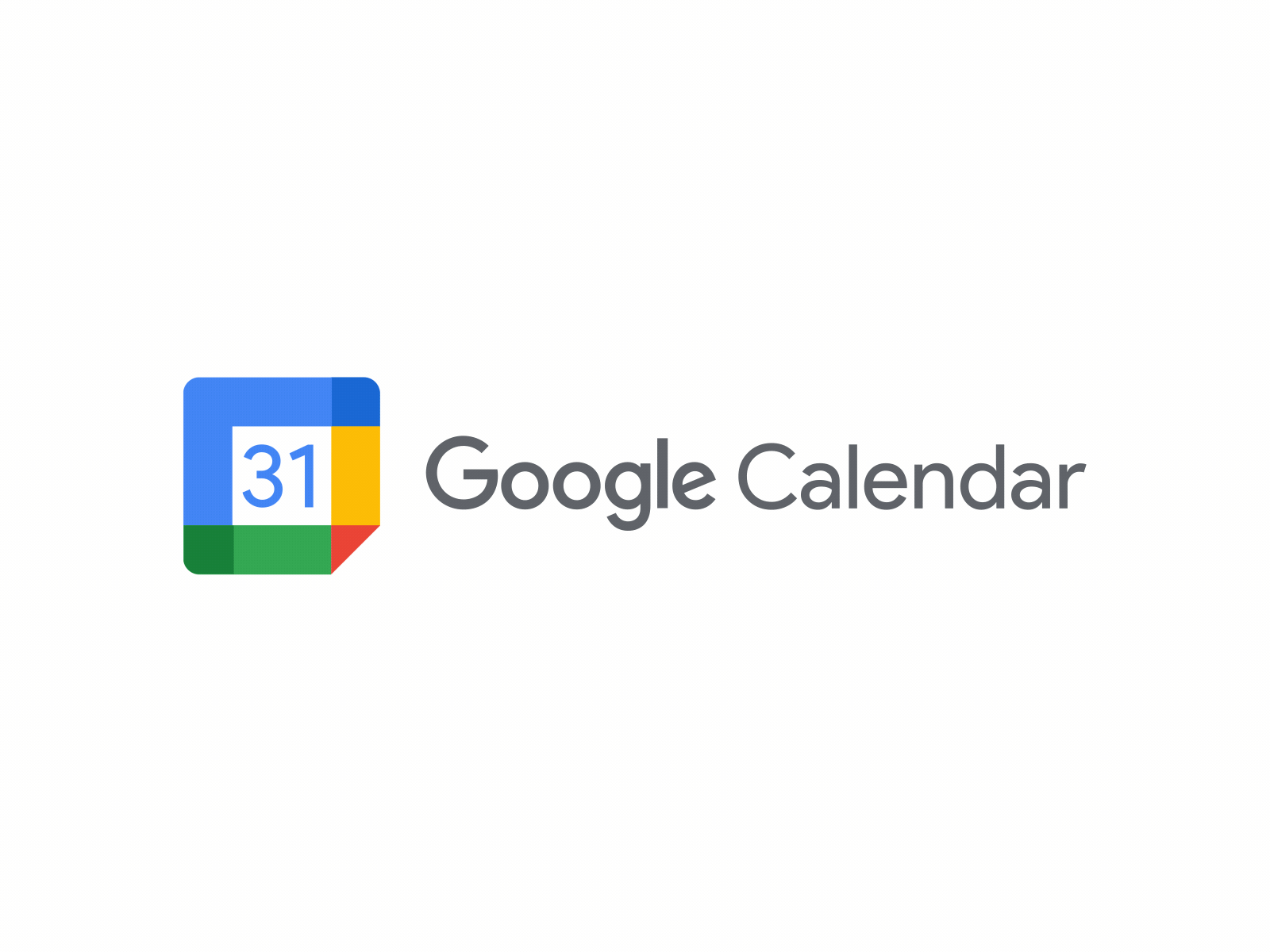In a rapidly evolving digital landscape, staying informed about the nuances of technology’s impact on cultural observances is more critical than ever. Recent changes to Google Calendar, particularly the removal of various cultural events such as Pride Month, Black History Month, and Indigenous People Month, have sparked widespread discussion. While initial reactions on social media suggested a political motive following the 2024 election, Google’s decision was rooted in logistical challenges rather than political influence. As the company seeks to streamline its offerings, it emphasized the importance of user customization, allowing individuals to add significant dates manually. This update invites us to explore how tech giants balance global reach with cultural sensitivity, and how these decisions reflect broader trends in diversity, equity, and inclusion (DEI) initiatives. Read more about the changes on CBS News.
Google’s Calendar Update Overview
Google’s recent update to its Calendar application has stirred significant discussion across various platforms. This section delves into the specifics of the changes, Google’s official stance, and the subsequent public reaction.
Cultural Events and Calendar Changes
Google Calendar, a widely used productivity tool, has undergone a significant update that has caught the attention of many users. The change involves the removal of several cultural events from the default calendar settings.
According to The Economic Times, notable events such as Pride Month, Black History Month, and Indigenous People Month are no longer automatically included in the calendar. This alteration has sparked concern among users who relied on these pre-populated events for cultural awareness and planning.
The removal of these events has led to questions about the inclusivity of digital platforms and their role in promoting cultural diversity. Users now need to manually add these events if they wish to keep track of them in their Google Calendar.
Google’s Statement on Calendar Decision
In response to the growing discussion around the calendar changes, Google has issued an official statement explaining their decision. The company emphasizes that the move was not politically motivated but rather a business decision.
As reported by The Dispatch Fact Check, Google stated that the decision to remove broader cultural observances was made in mid-2024. The company cited challenges in maintaining a comprehensive and consistent list of cultural moments globally as the primary reason for the change.
Google clarified that while public holidays and official national observances will continue to be displayed, the broader set of cultural moments will no longer be automatically included. The company encourages users to manually add important dates and events that are significant to them.
Misinterpretations and Viral Claims
The calendar update has led to various misinterpretations and viral claims across social media platforms. Many users have speculated about the motivations behind the change, with some attributing it to political shifts following the 2024 election.
Deutsche Welle reports that several viral posts have linked the calendar changes to Donald Trump’s victory in the 2024 election. These posts suggested that the removal of cultural events was a direct response to the election results.
However, Google has strongly refuted these claims, emphasizing that the decision was made before the election and was not influenced by political factors. The company’s statement aims to clarify the timeline and reasoning behind the calendar update.

Understanding Google’s Motivation
To fully grasp the reasoning behind Google’s calendar update, it’s crucial to examine the business factors and logistical challenges that influenced this decision.
Business, Not Political, Reasons
Google’s decision to remove certain cultural events from its Calendar application was driven by business considerations rather than political motives. The company has been clear about the timing and rationale behind this change.
According to Google’s statement, the decision was made in mid-2024, well before the recent election and its outcomes. The primary motivation was to streamline the calendar offering and address the challenges of maintaining a vast array of cultural events across different countries.
This move aligns with Google’s broader strategy of focusing on core functionalities while empowering users to customize their experience. By allowing users to manually add events, Google aims to provide a more personalized and relevant calendar experience.
Challenges of Global Observance Inclusion
The task of including cultural observances on a global scale presents significant challenges for tech companies like Google. These challenges were a key factor in the decision to modify the Calendar application.
As discussed in a Google support thread, maintaining an exhaustive list of cultural moments for every country worldwide proved to be an unsustainable endeavor. The sheer diversity of cultural events across different regions and communities made it difficult to ensure comprehensive and equitable representation.
Google received feedback indicating that some events and countries were missing from their calendar, highlighting the complexities of global cultural representation. This feedback, combined with the logistical challenges, led to the decision to focus on public holidays and national observances while encouraging user customization.
Broader Context: DEI and Public Opinion
The Google Calendar update occurs against a backdrop of evolving discussions around Diversity, Equity, and Inclusion (DEI) initiatives and shifting public opinions on these matters.
DEI Initiatives Under Scrutiny
Diversity, Equity, and Inclusion (DEI) initiatives have become increasingly prominent in recent years, but they have also faced growing scrutiny and debate across various sectors of society.
Many organizations have embraced DEI programs as a means to foster more inclusive environments and address historical inequities. These initiatives often include efforts to increase representation of underrepresented groups, promote cultural awareness, and create more equitable policies and practices.
However, DEI initiatives have also faced criticism from some quarters. Critics argue that these programs can sometimes lead to reverse discrimination or prioritize identity over merit. The debate around DEI has become more polarized, reflecting broader societal discussions about equality and fairness.
The Impact of the 2024 Election
The 2024 election has had a significant impact on the discourse surrounding DEI initiatives, including how tech companies approach cultural representation in their products.
The election results have led to shifts in policy priorities and public discourse. Some political leaders have called for a reevaluation of DEI programs, particularly in government and education sectors. This has created a challenging environment for companies navigating DEI issues.
For tech companies like Google, these political shifts add complexity to decisions about product features related to cultural representation. While Google maintains that its calendar update was not politically motivated, the timing has led to speculation and debate about the intersection of technology, culture, and politics in the post-2024 landscape.













